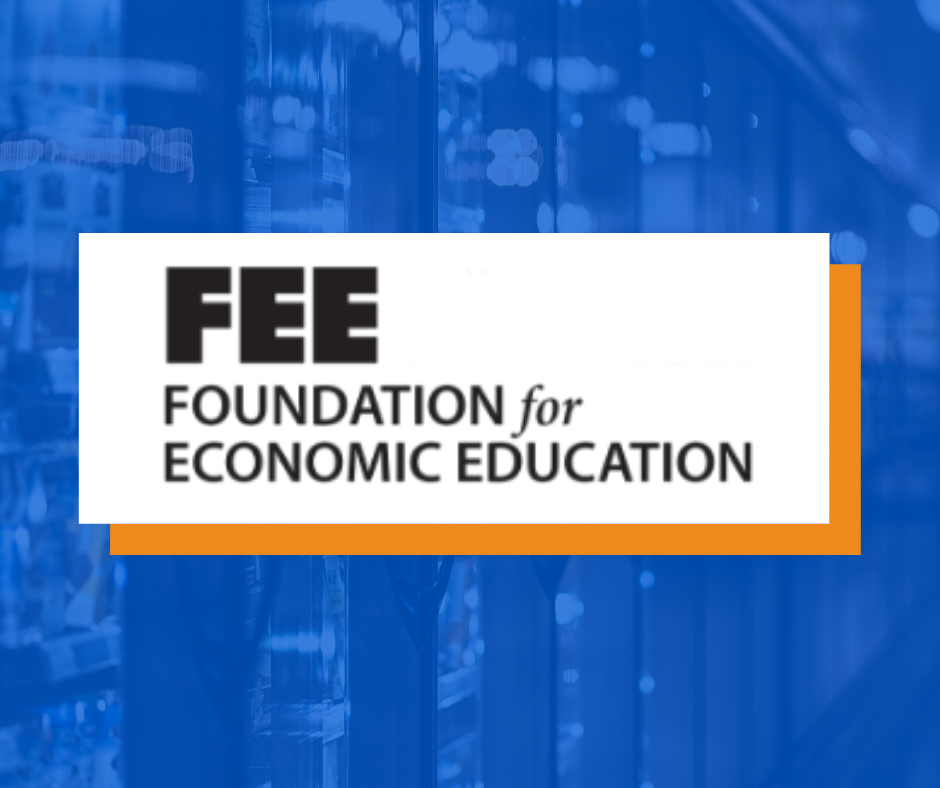Parents and politicians have been expressing concerns over youth online safety since online life began. Now, proposals for mandatory age verification are being brought before state lawmakers and are gaining serious ground. For instance, Florida’s Republican-led House recently passed legislation that requires “many platforms to prohibit anyone younger than 16 from creating an account” and requires social media companies “to terminate accounts for users in the state under 16.” Florida’s law feels reminiscent of the Parental Advisory warnings passed in the 1980s and the video game bans of the 1990s.
Such age-based restrictions ignore the fact that children develop at different speeds and that the purpose for online activities can vary greatly.
Take, for example, Malal Yousafzai, who began blogging about the injustice in her country when she was only 11 years old. Yousafzai narrowly survived a bullet to the head after being targeted by the Taliban for speaking out both online and offline about the suppression of children in Pakistan. In recognition of her fight for the right of all children to an education, Yousafzai became the youngest recipient in history, at the age of 17, to be awarded the Nobel Peace Prize.
On the other end of the world, James Stephen “Jimmy” Donaldson, aka MrBeast, began YouTubing at the age of 13 in Charlotte, North Carolina. Today, MrBeast is one of the world’s most prolific and influential content creators with a staggering 235 million subscribers. Whether it is cleaning up the world’s oceans or providing support for children in need of medical care, MrBeast puts his money where his mouth is, to the tune of $100 million in 2023 alone.
Clearly, the internet is an empowering tool for some teens, and Florida’s bill seems stifling for the MrBeasts and Yousafzais of the world.
It should also be pointed out that some of the most innovative companies we benefit from today were created by teens who tested the bounds of the internet early on and unencumbered. Steve Jobs met Steve Wozniak when he was only 14 and after much exploration and tinkering, Apple Computer Inc. came to be when Jobs was just 21.
Mark Zuckerberg began toying around with computer programming at age 11 and went on to launch Facebook when he was 19. If only he knew how often in the future he would be grilled by Congress for all he accomplished and that one day he would be put on trial and blamed for the “online child sexual exploitation crisis.” Indeed, just this past week, Zuckerberg, representing Meta, along with X’s Linda Yaccarino, Snapchat’s Evan Spiegel, and Discord’s Jason Citron, faced accusations for endangering children via their social media platforms. It is worth noting, however, that the average user age of those on Meta and Discord is between 25 and 34, and the average age of users for Snapchat falls between 18 and 34.
Now, this is not to say these platforms do not pose any problems for children; truly, there are many concerns. But instituting greater government restrictions on internet users and social media sites is problematic on many levels, and below are a few quick reasons why.
1) Social Media Synchronization
What constitutes social media is evolving quickly and how one logs on can also vary widely. Given that consumers want frictionless transactions, companies are eager to comply. Platforms and apps now have single sign-on systems and syncing capabilities, and registering for new services is made easy when transferring data from an existing account. As such, parental consent will either be able to be easily bypassed or become an increasingly repetitive request (similar to cookie permission popups).
2) Verification Means Data Collection
If there is an age restriction for site access or if parental permission needs to be granted, then there must be a means of proving it. Therefore, sensitive data will be collected to confirm the identity of both children and their parents, and there is no guarantee that that information can be kept safe. According to the US Foreign Intelligence Surveillance Court, for the past several years, the FBI has knowingly abused American civil liberties by misusing data through the collection of personal communications.
3) Permission May Be Problematic
Critics of mandatory parental consent have argued that getting permission is sometimes easier said than done. We should not assume that every child has a stable household or supportive parents. Access to social networks can be crucial for those in foster care or student exchange programs, and those in need of support and community outside of the home. Moreover, depending on background and citizen status, you may have parents who still feel lost navigating digital protocols or insecure about uploading personal forms of documentation.
Duty of Care versus Being Device Aware
Rather than have politicians take on a nanny-state stance for social media use, parents and caregivers should be encouraged to play a greater part in their child’s online development. By placing the government as the gatekeeper, it downplays the purpose of parental involvement and authority and this is a concerning matter given that studies show strong “parenting mitigates social media-linked mental health issues”.
Equipping parents to help children safely navigate the online realm should be prioritized over the instituting of precautionary policies. Options for improving child safety online are readily available, and there are a variety of tools and techniques that can be leveraged. And, if parents are having significant concerns over their child’s online activities, the simplest (but potentially hardest) solution is to just prevent device use.
So, as debates over age and access proliferate, it would be good to consider all problem areas that may arise with stricter online protocols. And although there are some truly devastating drawbacks that have been associated with social media use, we must remember that not all youth use social media in the same way and parenting, not politics, is what is needed most today.
Originally published here




